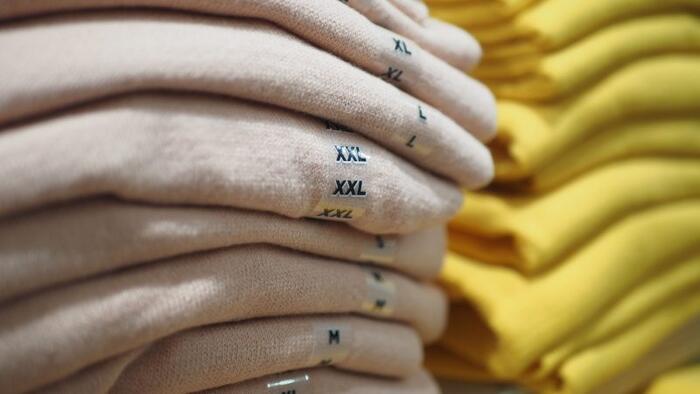By MND Staff
Copyright mexiconewsdaily

ChinaŌĆÖs Commerce Ministry has initiated a trade investigation into the higher tariffs and other restrictive measures Mexico plans to impose on Chinese products, primarily automobiles, auto parts, textiles and toys.
The ministry said in a statement that the tariffs will harm Chinese companies and undermine investor confidence in Mexico. It warns that they could also threaten the security of the Mexican business environment.
The investigation, which may last up to six months, will examine both tariffs and other trade and investment restrictions.
ŌĆ£China believes that faced with the abuse of tariffs by the United States, all countries should jointly oppose unilateralism and protectionism in any form,ŌĆØ a spokesperson from ChinaŌĆÖs Commerce Ministry said. ŌĆ£No party should sacrifice the interests of third countries under the coercion of another.ŌĆØ
The ministry also initiated anti-dumping investigations into pecan imports from Mexico and the United States, an apparent threat at retaliation.
Last week, Mexico announced plans to raise duties to up to 50% on cars and other products made in China and other Asian countries with which it does not have a free trade agreement.
The move follows mounting pressure from U.S. President Donald Trump to introduce tariffs on China, although President Claudia Sheinbaum has said that the proposed tariffs neither target China nor are the result of U.S. pressure.
Earlier this month, Beijing issued a stern warning urging Mexico to reconsider.
China, which the government says is the largest exporter to Mexico without a trade agreement, would be severely affected by the proposed tariffs. This is especially true for its automotive sector, whose sales to Mexico grew nearly 10% in 2024.
Trade between Mexico and China exceeded US $137 billion in 2024. In the absence of a trade agreement, the countriesŌĆÖ bilateral trade relationship is governed by the framework established by the World Trade Organization (WTO) and specific provisions of MexicoŌĆÖs ┬┐f Economy Ministry.
With reports from Bloomberg, El Economista and El Financiero



